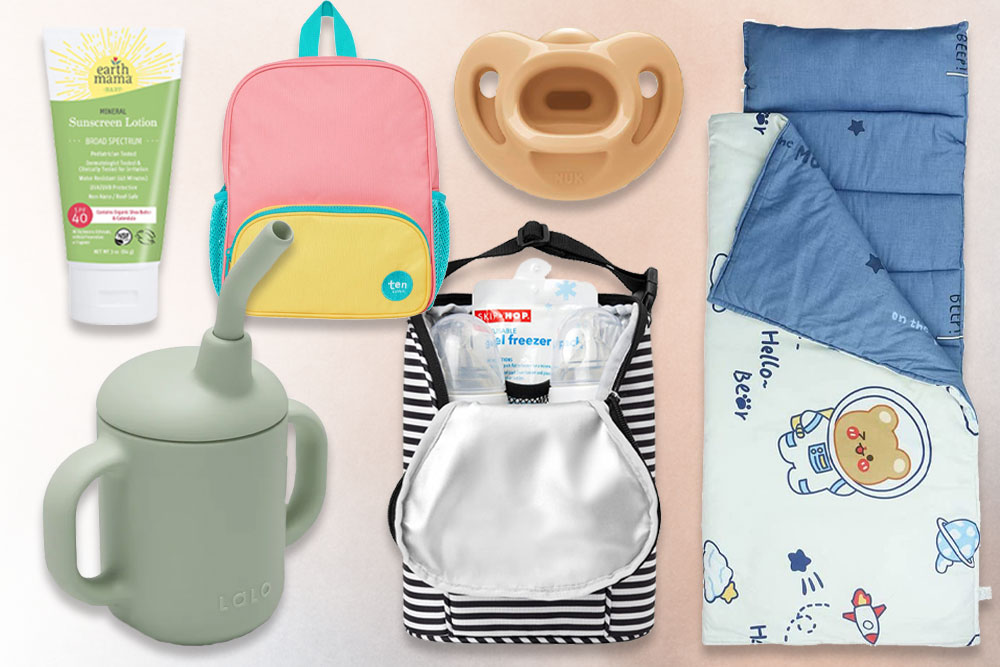Featured
Finds that are good for babies and good for the planet.
The Latest
12 Mother’s Day Gifts for 2024 That Will Make Mom Feel Seen
Since you can’t bottle sleep up in a jar to give her, these Mother’s Day gifts are the next best things.
Most Popular
17 Daycare Essentials for Your Little One
Everything you need to pack on the first day of school (and every day after).
Postpartum Depression Pill Approved by the FDA
The 14-day treatment is the first oral pill to receive FDA approval specifically for postpartum depression.
Transitioning From Bassinet to Crib to Toddler Bed
Helping your little one switch beds is typically less stressful than you’d expect.
Editors’ Picks
The Black Maternal Mortality Crisis
Black women and their babies are dying at higher rates than any other race in the United States. Here’s why.
Products We’re Loving for December
Festive finds for hosting, gifting, and celebrating the holiday season.
Products We’re Loving for November
Some of the year’s busiest air travel days fall in November and December, and our picks this month will help make your family’s trip a little more comfortable and manageable.
The Mother Lode for All Parents
For almost two decades, Pregnancy & Newborn has provided millions of parents with credible, expert-supplied, and research-backed information to help caregivers find the answers they need to create, grow, and nurture their families. The most powerful thing we can be when raising our children is informed. Our content is factual, relatable, authentic, and entertaining, and it’s a key resource for someone seeking answers, from their health and well-being to their baby’s development to the challenges parents face today. We’re dedicated to empowering and educating our readers throughout the parenthood journey, no matter what their family looks like—and sharing some laughs and celebrations along the way.















